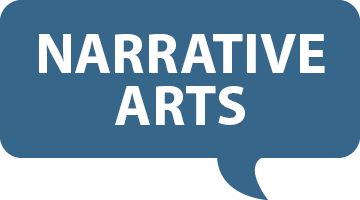Blog
Round-up on future thinking, activist strategies, and funders’ questions
Here’s what we’ve been thinking about and looking at this week.
NARRATIVE ARTS IN SAN FRANCISCO: Last month Narrative Arts had a session on “The Future of Storytelling and Social Change for Grantmakers” at Northern California Grantmakers. Funders in attendance posed some excellent questions about narrative strategies. “How do we tell stories that encompass various issues and organizations that are sometimes competing for funds?”
“How do we tell stories about disaster relief before there’s a disaster?” “How do we build the storytelling capacity of many small nonprofits, especially when they have other program work to do?” Speakers at the event gave at least preliminary answers to those questions; starting early in 2014 here on the blog we’ll have several leading story thinkers weigh in on these and grantmakers’ other toughest challenges about narrative strategies. Stay tuned, or submit your own question for consideration.
ACTING OUT THE FUTURE: America 2049 is a Facebook game that puts players in the not-too-distant future and has them track a “mysterious fugitive.” Far from being a simple first-person shooter game, America 2049 manages to have players make decisions about democracy and human rights–and involves actors from TV shows like “Lost” and “24,” as well as videos, voice-overs, offline events and its own “search engine of the future.” The game was created by Breakthrough, a human rights group that seeks to make violence and discrimination against women and girls unacceptable. Visit the game website, or read a case study of the game co-written by Heidi Boisvert of the futurePerfect lab.
